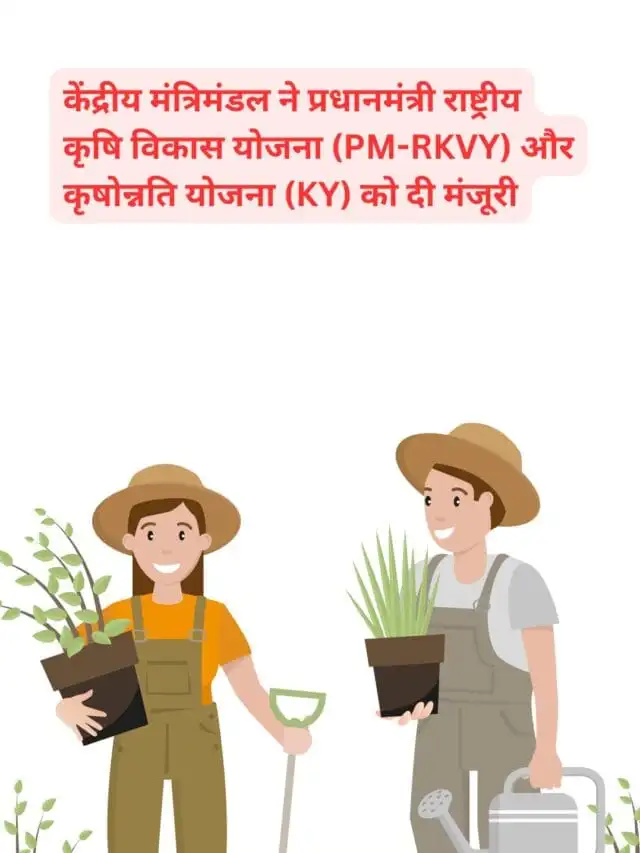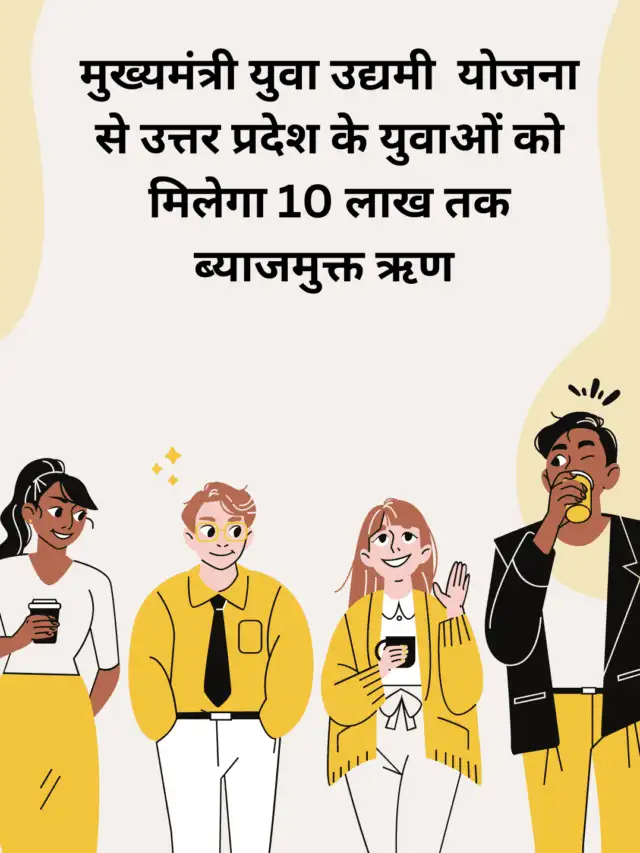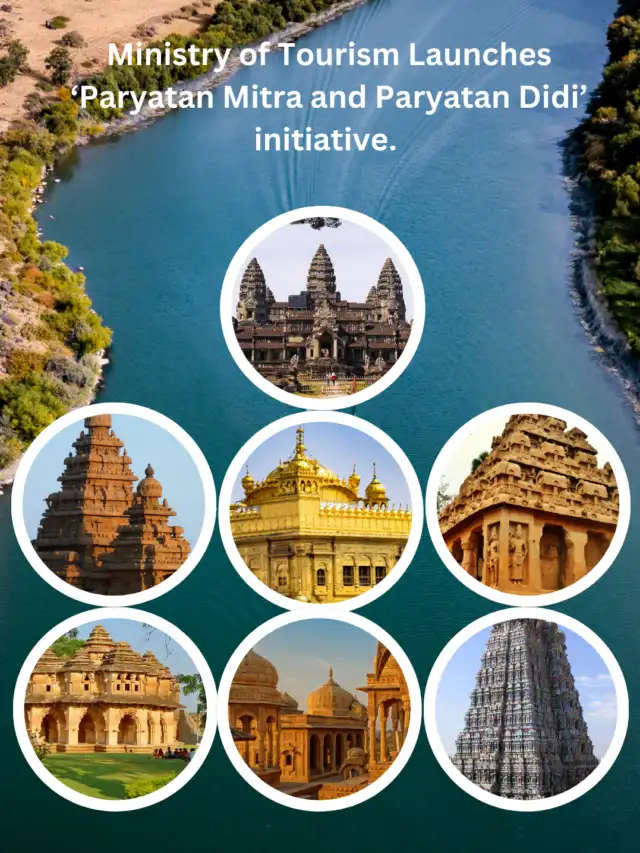
National seminar on preserving tribal languages through technology and Indian multilingualism
India’s diverse tribal culture is enriched by its unique languages, which carry the essence of these communities’ heritage. Recognizing the importance of preserving these languages, the Ministry of Tribal Affairs, in collaboration with the National Tribal Research Institute (NTRI) and the Center for Endangered Languages (CFEL), Visva-Bharati University, organized a significant seminar titled “Aadi Vyakhyan 06: National Seminar on Preserving Tribal Languages Through Technology & Indian Multilingualism: Policy & Practices” on 12th and 13th September 2024. Held at Bhasha Bhavana, Santiniketan, the seminar was conducted in a hybrid format, drawing the participation of over 40 experts, scholars, linguists, and tribal representatives from across India.
The need for preserving tribal languages
Languages are more than tools for communication—they are a repository of culture, wisdom, and history. Prof. Binoy Kumar Saren, Acting Vice-Chancellor of Visva-Bharati, emphasized this in his inaugural speech. He highlighted that when a tribal language fades away, invaluable knowledge, oral history, and indigenous wisdom concerning sustainable living and the environment are lost. He stressed that preserving these languages strengthens the identity and pride of tribal communities and ensures the continuity of their traditions across generations, supporting the broader goal of maintaining India’s multilingual fabric.
Technology’s role in language preservation
In the digital age, technology provides a powerful medium for preserving endangered languages. Dr. Arimardan Kumar Tripathi, a faculty member at CFEL, Visva-Bharati, underscored the importance of leveraging digital platforms to sustain multilingualism in India. He introduced CFEL’s web portal and Android application, designed to make language resources accessible. These platforms offer a wide range of linguistic tools, including multilingual dictionaries and language descriptions for endangered languages, providing invaluable resources for scholars and users alike.
Academic ontributions and cultural representation
The seminar saw the release of two important publications on endangered tribal languages, produced by CFEL, Visva-Bharati. These works represent significant academic contributions to the preservation of tribal languages. Alongside the scholarly presentations, the seminar also showcased a theatrical performance titled “The Blind Opera”, directed by Shri Mrityunjay Prabhakar and performed by the students of Sangit Bhavana. This multilingual play beautifully encapsulated India’s linguistic diversity, further emphasizing the seminar’s theme.
Honoring tribal contributors
The valedictory session recognized the contributions of tribal resource persons Pravat Koraz (for the Kurukh language) and Santosh Tudu (for the Mahali language), who were honored for their work on creating a multilingual dictionary that translates tribal languages into English, Hindi, and Bengali. Their dedication to bridging the gap between tribal and mainstream languages highlights the significance of these efforts in fostering cross-cultural communication and understanding.
Conclusion
The Aadi Vyakhyan 06 seminar was a meaningful step forward in the preservation of India’s tribal languages. By combining technological innovation and policy initiatives, this seminar provided a platform for discussing the future of these languages and ensuring their survival. As India continues to embrace its multilingual identity, such efforts are critical in preserving the cultural and linguistic diversity of its tribal communities.
आदि व्याख्यान 06 : प्रौद्योगिकी और भारतीय बहुभाषावाद के माध्यम से जनजातीय भाषाओं का संरक्षण
भारत की विविध जनजातीय संस्कृति का एक महत्वपूर्ण पहलू उसकी अनूठी भाषाएं हैं, जो इन समुदायों की धरोहर को संजोती हैं। जनजातीय भाषाओं के संरक्षण की आवश्यकता को ध्यान में रखते हुए जनजातीय मामलों के मंत्रालय ने राष्ट्रीय जनजातीय अनुसंधान संस्थान (NTRI) और सेंटर फॉर एंडेंजर्ड लैंग्वेजेस (CFEL), विश्व-भारती विश्वविद्यालय के साथ मिलकर “आदि व्याख्यान 06: प्रौद्योगिकी और भारतीय बहुभाषावाद के माध्यम से जनजातीय भाषाओं का संरक्षण: नीति और अभ्यास” नामक एक प्रमुख संगोष्ठी का आयोजन किया। यह संगोष्ठी 12 और 13 सितंबर 2024 को भाषा भवन, शांति निकेतन में हाइब्रिड मोड में आयोजित की गई, जिसमें देश भर से 40 से अधिक विशेषज्ञ, विद्वान, भाषाविद और जनजातीय प्रतिनिधियों ने भाग लिया।
जनजातीय भाषाओं के संरक्षण की आवश्यकता
भाषाएं केवल संवाद का माध्यम नहीं हैं; वे संस्कृति, ज्ञान और इतिहास की धरोहर होती हैं। प्रो. बिनॉय कुमार सारन, कार्यवाहक कुलपति, विश्व-भारती ने अपने उद्घाटन भाषण में इस पर प्रकाश डाला। उन्होंने कहा कि जब कोई जनजातीय भाषा विलुप्त होती है, तो उसके साथ अमूल्य मौखिक इतिहास, पर्यावरण और सतत जीवन के बारे में ज्ञान भी खो जाता है। उन्होंने जनजातीय भाषाओं के संरक्षण के महत्व पर जोर देते हुए कहा कि यह जनजातीय समुदायों की पहचान, गर्व और उनकी परंपराओं को अगली पीढ़ी तक पहुंचाने में सहायक है, जो भारत के बहुभाषी ताने-बाने को बनाए रखने में योगदान देता है।
भाषा संरक्षण में प्रौद्योगिकी की भूमिका
डिजिटल युग में, प्रौद्योगिकी विलुप्त हो रही भाषाओं के संरक्षण में महत्वपूर्ण भूमिका निभा सकती है। डॉ. अरिमर्दन कुमार त्रिपाठी, CFEL, विश्व-भारती के फैकल्टी सदस्य, ने इस बात पर जोर दिया कि कैसे डिजिटल प्लेटफॉर्म के माध्यम से भारत में बहुभाषावाद को बनाए रखा जा सकता है। उन्होंने CFEL द्वारा विकसित किए गए वेब पोर्टल और एंड्रॉइड एप्लिकेशन का परिचय दिया, जो भाषा संसाधनों को उपयोगकर्ताओं के लिए सुलभ बनाते हैं। इन प्लेटफार्मों पर विभिन्न भाषाओं के शब्दकोश और भाषा विवरण उपलब्ध हैं, जो इन भाषाओं के संरक्षण के प्रयास में एक महत्वपूर्ण उपकरण साबित हो रहे हैं।
शैक्षणिक योगदान और सांस्कृतिक प्रस्तुतियाँ
संगोष्ठी के दौरान, CFEL, विश्व-भारती द्वारा प्रकाशित दो महत्वपूर्ण पुस्तकें विमोचित की गईं, जो विलुप्त हो रही जनजातीय भाषाओं पर आधारित हैं। ये पुस्तकें इस दिशा में शैक्षणिक योगदान का प्रतीक हैं। इसके अतिरिक्त, एक बहुभाषी नाट्य प्रस्तुति “द ब्लाइंड ओपेरा”, जिसे श्री मृत्युंजय प्रभाकर द्वारा निर्देशित किया गया था, को संगीत भवन, शांति निकेतन के छात्रों द्वारा प्रस्तुत किया गया। यह नाटक भारत की भाषाई विविधता को प्रतीकात्मक रूप से प्रदर्शित करता है और संगोष्ठी के विषय को और गहराई से जोड़ता है।
जनजातीय योगदानकर्ताओं का सम्मान
समापन सत्र में दो जनजातीय संसाधन व्यक्तियों प्रवात कोराज (कुरुख भाषा के लिए) और संतोष तुडू (महली भाषा के लिए) को उनके योगदान के लिए सम्मानित किया गया। इन व्यक्तियों ने एक बहुभाषी शब्दकोश तैयार करने में महत्वपूर्ण योगदान दिया, जो जनजातीय भाषाओं का अंग्रेजी, हिंदी और बांग्ला में अनुवाद करता है। उनके प्रयास जनजातीय और मुख्यधारा की भाषाओं के बीच संवाद और समझ को बढ़ावा देने में महत्वपूर्ण साबित हो रहे हैं।
निष्कर्ष
आदि व्याख्यान 06 संगोष्ठी जनजातीय भाषाओं के संरक्षण के प्रयासों में एक महत्वपूर्ण कदम है। प्रौद्योगिकी और नीति के समन्वय से, यह संगोष्ठी भविष्य में इन भाषाओं के संरक्षण और उनके अस्तित्व को सुनिश्चित करने के लिए एक मंच प्रदान करती है। भारत की भाषाई विविधता को बनाए रखने के लिए इस प्रकार के प्रयास अत्यधिक आवश्यक हैं, ताकि जनजातीय समुदायों की सांस्कृतिक और भाषाई धरोहर सजीव और संपन्न रहे।









